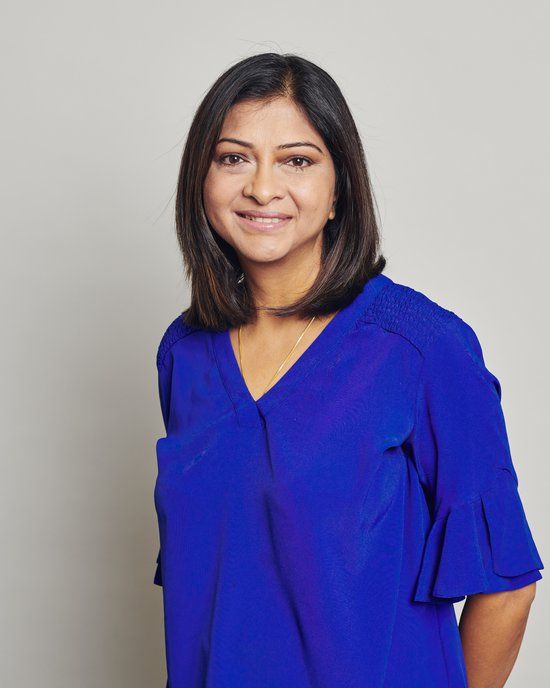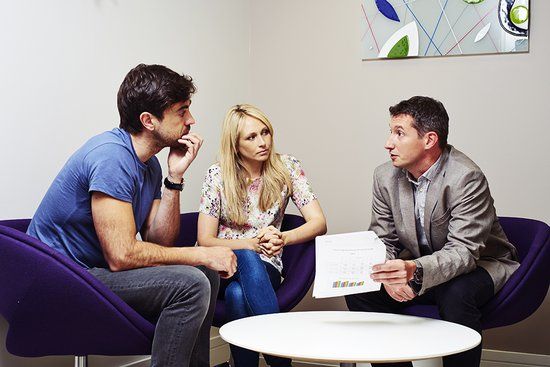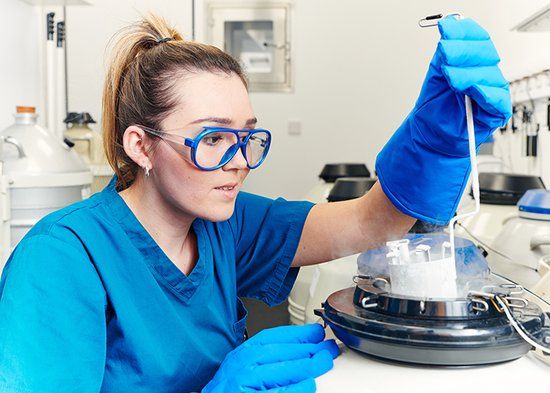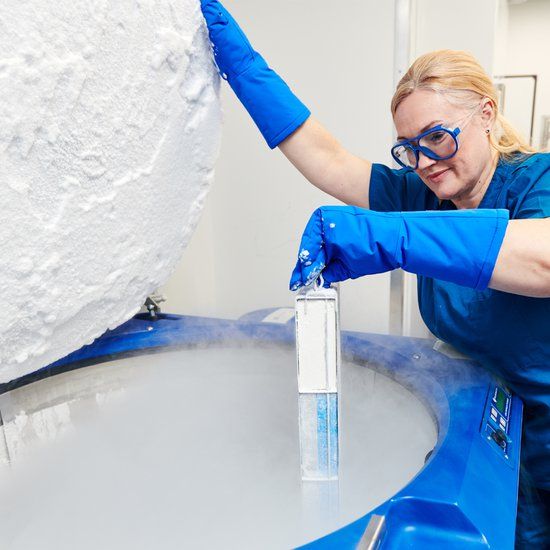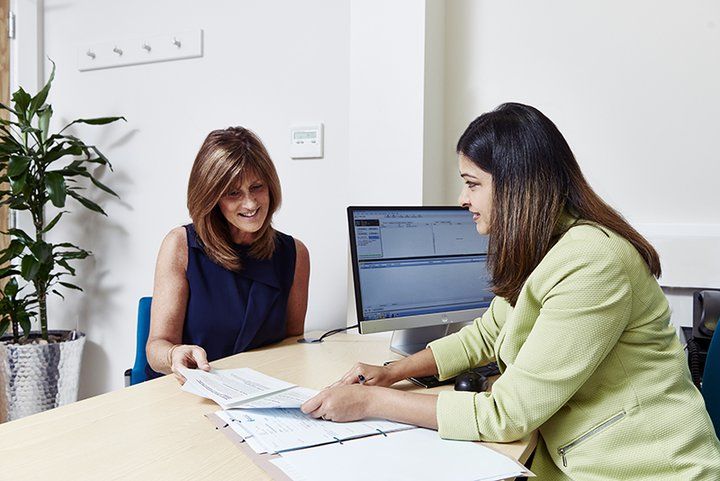
Age and fertility is once again making headlines, after 39-year-old TV presenter Alex Jones admitted at a recent fertility conference that she didn’t realise just how important age is when it comes to how quickly, and successfully, you get pregnant.
The British Fertility Society Chairman, Adam Balen, also recommended this month that children as young as 11 should be taught about fertility and its natural decline as part of sex-education, to help prevent future generations suffering from age-related infertility.
The truth is that age is one of the single biggest factors that affect your chances of conceiving and having a healthy pregnancy and baby. If you’re worried about your age and infertility, here are some facts you need to know from our fertility specialists and the steps you can take:
Fertility declines most in your 30s
The best age to have a baby is when your fertility is at its peak in your 20s, and the quality of your eggs is at its highest. When you reach your 30s, this is when natural fertility and egg quality starts to decline, and even more sharply once you get to age 35. This is why infertility treatments are more successful for younger women than older women.
Having a baby as an older woman
If you are an older woman in your late 30s and early 40s, it doesn’t always mean you can’t get pregnant naturally. It only takes one good quality egg and sperm to make a baby. What’s important is that you understand your own body. Do you know when you’re ovulating every month? Have you had a fertility check to ensure you have good quality eggs and your partner’s sperm is good? It’s vital at this age to not spend months unsuccessfully trying to conceive however - because if you do need fertility treatment, the sooner you get help the better your chances of success.
Fertility testing can help
Do you know how fertile you are now? Fertility testing is one of the ways you can safeguard your fertility. Our Fertility MOT tests will tell you how many eggs you have left, whether your reproductive system is healthy and normal and whether there are any problems that could make natural conception difficult. For men, fertility testing examines sperm for DNA damage, abnormal shape, movement and sperm count. Fertility testing is a good idea even if you’re not ready for a baby yet. Because you’re fully informed, it ensures that if a problem is revealed, you can make a choice about when to start your family. You may wish to start trying for a baby earlier, or begin fertility treatment if its needed, whilst you are young and your chances of success are highest.
Consider egg freezing to preserve fertility
Egg-freezing is a viable option if you want to preserve your fertility for future, but success using your frozen eggs is dependent upon your age at the time of egg collection and preservation. At Manchester Fertility, we have excellent success rates for our patients using their frozen eggs to have a baby, thanks to the advanced techniques and technologies we use including vitrification, or ‘fast-freezing’, which helps to ensure an egg’s survival during the freeze-thaw process.
Age-related infertility affects men too
Although a man’s fertility doesn’t decline as quickly as a woman’s, sperm quality is still affected by age. It’s why men are only accepted as sperm donors if they’re 41 and under. Just as eggs decline in quality as we age, so do sperm – so greater numbers of sperm in an older man may be affected by problems ranging from poor mobility and abnormal shape to DNA damage. All of which affects your chances of natural conception.
Infertility treatments for age-related infertility
The good news is that many treatments successfully overcome age-related infertility in both men and women. Treatment options range from Induction of Ovulation to IVF and ICSI – where a single healthy sperm is injected directly into the egg to fertilise it. For women over the age of 44 who need help to have a baby, we always recommend IVF with donor eggs, which we can offer from our exclusive UK egg donor programme with no waiting list. If you’re concerned about funding any infertility treatment that you might need, we offer cost-effective, multiple cycle pre-paid treatment packages through our partnership with Access Fertility. Find out more about the different ways to fund private infertility treatment with us, and read our useful Guide for Older Women.
In the meantime, if you’ve got any questions about infertility treatment and age, you can contact our friendly Patient Advisors on 0161 300 2737.
Last updated: 20th January 2020

